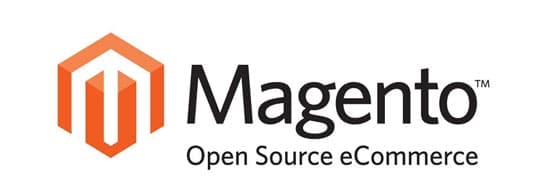Selling on the internet has become one of the most common things for everyone. Not to mention the fact that it will continue to be a norm and online shops will grow even more in the future. Of course, those who have been on the selling end know how important it is to keep up with e-commerce trends, one of which is moving to another platform if the situation calls for it. When that happens, you will need to find a platform that will be your go-to place. The list below should give a decent enough overview of everything that you need to pay attention to.
1. BigCommerce

The BigCommerce platform is one of the best if you are running a smaller type of business. It is easy to integrate such powerful players like Amazon, Facebook, Pinterest, etc. You have a choice of more than 100 themes. It has pretty much anything you can expect to find and is the first on the list for a reason. You can start a free 15-day trial and if you like it, choose one of many available plans.
Recommended for you: 7 Social Media Trends that Change the Game for E-commerce Websites.
2. Sellfy

While it might not have all the features that the big players have, Sellfy is still pretty good when it comes to selling digital downloads. In fact, this platform is probably the best when it comes to that particular niche. If you are in a digital goods business, make sure to read that one.
3. Shopify

The Shopify platform is probably the most famous platform when it comes to e-commerce. It has been around for about 15 years now and boasts of having more than 1 million active users. There are plenty of different themes you can choose, especially premium ones which let you customize your store as much as you want. Depending on your needs, you can choose a plan. However, before you do that, it would be wise to try Shopify’s free trial which lasts two weeks.
4. Magento

Magento has just celebrated its 10th anniversary and it is no surprise that the company has lasted this long. They are without a doubt one of the biggest and best platforms. The fact that companies such as Burger King and Huawei chose it is a perfect testament. You can be pretty flexible with the themes even though most of them are premade.
5. WooCommerce

It has been estimated that over 25 percent of online stores in the world use WooCommerce. Given how easy it is to implement and the fact that it does not cost too much should be more than enough. At first, it was a plugin for WordPress, but WooCommerce has reached the next stage and is now one of the most popular platforms for e-commerce.
6. 3DCart

A big chunk of traffic comes from smartphones and tablets these days. That is why choosing a platform which is already optimized for these devices is a good choice. 3DCart does that, and much, much more. Quick view, quick cart, recently viewed items, and plenty of other features are implemented in the platform. You can start your 15-day free trial at any time and choose a plan if you believe that 3DCart is the right choice.
7. Printify

This one is for those who are in print on demand business. If you want to take a bit different approach and not worry about the products themselves but just the way they look, then Printify is definitely something to consider. Everyone who has a talent for designing stuff needs to try using it. Moreover, there is a review published about Printful pricing, and it further solidifies why Printify is the best choice.
8. Squarespace

The Squarespace platform is mostly known for a place to build a website, but with unlimited customization possibilities, you can create a decent e-shop. The biggest advantage it has is price, offering you a basic model at 26 dollars per month and an advanced model at just 40 dollars per month.
You may also like: 5 Ways to Keep Your eCommerce Customers Coming Back in 2019.
Final Words:

All in all, these are without a doubt the best e-commerce platforms that are available today. If you want to start such a venture, then picking either of them will be just fine.





